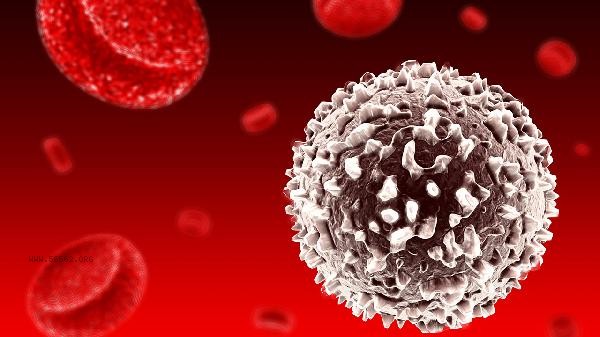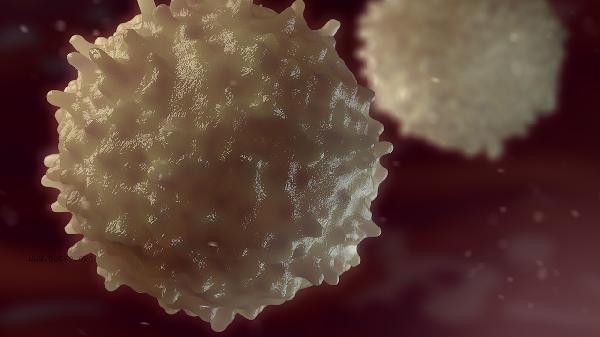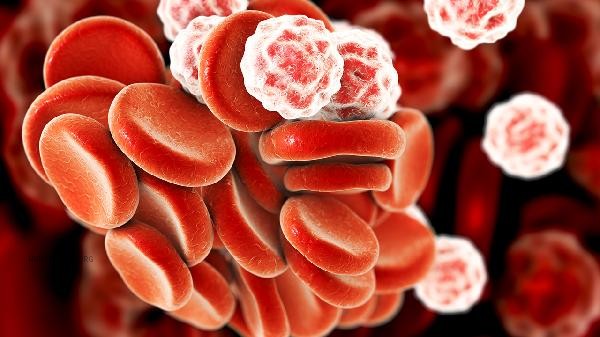Low white blood cell count can be restored through nutritional supplementation, infection control, medication adjustment, lifestyle improvement, regular monitoring, and other methods. Low levels may be caused by viral infections, drug side effects, malnutrition, immune system diseases, bone marrow suppression, and other reasons.

1. Nutritional supplementation:
High quality proteins such as fish, eggs, and milk can promote white blood cell production, and it is necessary to ensure a daily intake of 60-80 grams. Folic acid and vitamin B12 in animal liver and dark green vegetables are crucial for hematopoietic function. It is recommended to consume 100 grams of pig liver or 300 grams of spinach per week. Zinc deficiency can suppress immune function, and foods such as oysters and pumpkin seeds can be targeted for supplementation.
2. Infection control:
Common infections such as viral colds can temporarily reduce white blood cells and require timely antiviral treatment. Chronic gingivitis, urinary tract infections and other hidden inflammations may continue to deplete white blood cells. It is recommended to improve C-reactive protein testing. During periods of weakened immunity, it is advisable to avoid crowded places and, if necessary, receive influenza vaccines to prevent secondary infections.
3. Medication adjustment:

Long term use of antipyretic and analgesic drugs, antibiotics, and other medications may inhibit bone marrow hematopoietic function, and medication plans should be adjusted under the guidance of a doctor. When chemotherapy patients experience leukopenia, recombinant human granulocyte colony-stimulating factor can be used. Patients with hyperthyroidism should regularly monitor their blood routine during the use of anti thyroid drugs.
4. Lifestyle improvement:
Continuously staying up late can reduce the efficiency of bone marrow hematopoiesis. It is recommended to maintain 7-8 hours of deep sleep every day. Smoking can damage the hematopoietic microenvironment, and white blood cells can gradually increase 2-3 weeks after quitting smoking. Moderate aerobic exercise such as brisk walking and swimming can enhance hematopoietic function, and it is recommended to engage in 150 minutes of moderate intensity exercise per week.
5. Regular monitoring: For patients with mild decrease in [SEP], it is recommended to have their blood routine checked every 2 weeks. If it continues to be below 3.0 × 10 ⁹/L, bone marrow puncture examination is required. Cancer patients need to be monitored weekly during radiotherapy and chemotherapy. When the absolute value of neutrophils is below 1.5 × 10 ⁹/L, protective isolation should be taken. Patients with autoimmune diseases need to monitor immune indicators such as anti nuclear antibodies simultaneously. During periods of low white blood cell count, dietary hygiene should be maintained, meat and eggs must be thoroughly heated, and raw and cold seafood should be avoided. Ventilate the room twice a day for at least 30 minutes each time to maintain fresh air. Moderate consumption of medicinal and edible ingredients such as red dates, goji berries, and astragalus can be consumed, but they cannot replace medication for treatment. The appropriate intensity of exercise is to avoid fatigue the next day, and attention should be paid to keeping warm during outdoor activities in winter. If accompanied by symptoms such as persistent fever and recurrent oral ulcers, it is necessary to seek medical attention promptly at the hematology department to investigate the possibility of malignant hematological diseases.










Comments (0)
Leave a Comment
No comments yet
Be the first to share your thoughts!